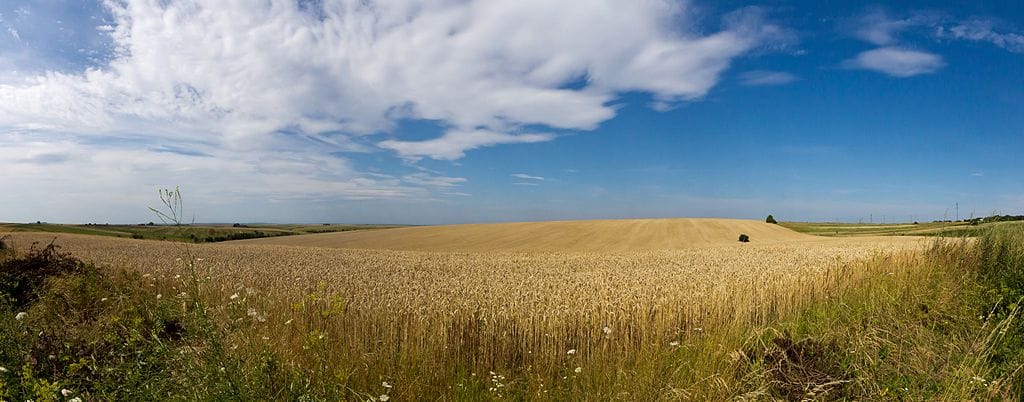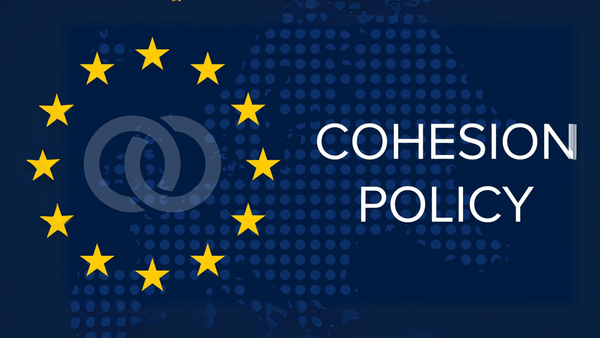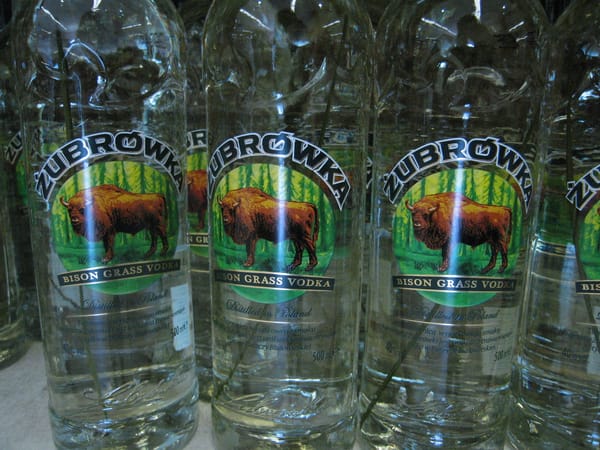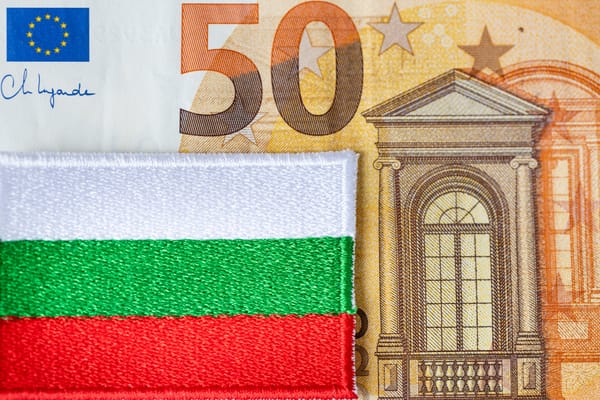
CEE countries go rogue as EU's ban of agricultural produce from Ukraine expires
Poland, Slovakia and Hungary have come under criticism from the international community including the EU, Ukraine and Germany for extending prohibitions on Ukrainian agricultural imports.
German Agriculture Minister Cem Ozdemir on Monday, 18 September, told the countries: “You show solidarity when it suits you. When you don’t like it, you don’t!”
European Commission Executive Vice-President Valdis Dombrovskis called on countries to “work along the lines” of the new agreement and “refrain from unilateral measures” on Ukrainian grain imports.
War disrupted Ukraine’s routes
The invasion of Ukraine by Russia disrupted the Black Sea shipping routes that were previously utilized, causing the EU to become a prominent pathway and export location for Ukrainian grain.
In May the EU allowed domestic sales of Ukrainian wheat, corn, rapeseed and sunflower seeds. However the following month, amid widespread farmers protests, the EU and five countries Poland, Bulgaria, Hungary, Romania and Slovakia agreed to limit Ukrainian grain imports to halt declining local market prices.
The Brussels ban formally expired on Friday, September 15, after the EC decided against prolonging it, leading to Ukraine warning it may seek international arbitration after countries said they would continue to block Ukrainian grain imports.
Poland, Slovakia and Hungary want the EU ban to be extended at least until the end of the year. For its part, Ukraine has long called for an end to any export restrictions on its agricultural products to the EU.
Ukraine, Germany issue warning, Poland, Hungary unmoved
“It is time to take matters into our own hands,” Hungarian Prime Minister Viktor Orban said on Friday: “Ukrainian agricultural products destined for Africa are flooding Central European markets. The bureaucrats in Brussels are turning a blind eye to the problems of European farmers once again, so Hungary, Poland and Slovakia are extending the ban on Ukrainian imports on a national basis,” Orban said.
Poland said it will not lift the bans even if the EU does not extend them this week. “We will not open the borders for Ukrainian grain! The embargo remains,” Polish Prime Minister Mateusz Morawiecki tweeted.
“If the European Commission does not extend the ban on grain imports from Ukraine beyond September 15, Poland will introduce such a ban domestically,” said the Polish government, which is under pressure from farmers, as voters go to the polls on October 15.
“We have no intention of harming Polish farmers. We greatly appreciate the support of the Polish people and Polish families,” Ukrainian Prime Minister Denis Shmihal tweeted.
“But in the event of a violation of trade legislation in the interests of political populism before the elections, Ukraine will be forced to resort to WTO arbitration,” Shmihal added.
Romanian farmers ask gov’t to emulate Poland
The Alliance for Agriculture and Cooperation (AAC) on Saturday asked Romanian Prime Minister Marcel Ciolacu’s government to issue a law banning imports of numerous agri-food products from Ukraine to save local farmers and protect Romania’s food security.
“This unilateral measure is essential to save Romanian farmers and to protect Romania’s food security. The European Commission’s decision not to extend the ban on imports for the five countries neighbouring Ukraine obliges the Romanian Government to make such a decision if we want to talk about the national agri-food sector.
“We also appreciate that an urgent discussion is necessary, by the end of Monday – September 18th, with the associative environment of the agri-food sector in order to establish, with arguments, the list of products subject to the embargo, a list that must be annexed to this act normative”, the AAC wrote in a statement.
“If a state like Poland, which massively and comprehensively supports Ukraine, in the face of Russia’s aggression, made such a unilateral decision immediately after the expiration of the deadline of September 15, 2023, we do not understand why Romania should have reservations in doing exactly the same… These measures do not affect anything solidarity with the Ukrainian people. Romania should do the exact same thing,” the AAC added.
Hungary PM takes fatalistic stance on war, Bulgaria toes EU line
Hungary, Russia’s closest ally in the EU, was characteristically bullish on Ukraine-related sanctions – and doveish on Russia’s invasion of its neighbour. Hungarian Prime Minister Viktor Orban said: “The reason why I say that I have conflicting feelings is that, while I am very angry about this, I also see that the poor Ukrainians are fighting for their lives, they have no money, they have few weapons, they are outnumbered, and yet they are not inclined towards peace, but towards continuing the war, and they are obviously trying to collect money from everywhere.”
Hungarian Foreign Minister Peter Szijjarto stressed Hungary’s commitment to peace in Ukraine and emphasized the importance of energy ties with Russia to ensure the country’s energy security. He said: “We need new connections and supply routes due to the disruption caused by the conflict in Ukraine. Hungary is forging new relationships, such as a gas deal with Turkey, to secure alternative supply sources and strengthen ties between East and West.
Slovakia’s Agriculture Ministry announced its decision to extend the ban on Friday, citing a need to safeguard its “domestic market”, one day after Bulgaria announced that it had decided against prolonging the prohibition on Ukrainian grain imports. Bulgaria’s decision triggered protests, with farmers blocking roads and border checkpoints with tractors, demanding that the government extend the ban.





